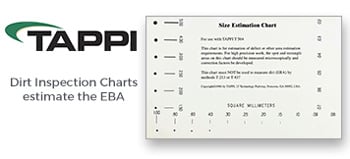Lignin carbohydrate complex studies during kraft pulping for producing paper grade pulp from birch, TAPPI Journal September 2020
Application: One central problem for the pulp and paper industry is efficiency in delignification during the chemical pulping and bleaching processes. It has been believed that one limiting factor is the covalent bonds between lignin and polysaccharides. We present data on presence of such LCC bonds in paper grade birch pulp and its development during the processes. Hopefully, this research data will be useful for the development of more efficient processes.
TAPPI conference proceedings and presentations, technical papers, and publication articles provide technical and management data and solutions on topics covering the Pulp, Paper, Tissue, Corrugated Packaging, Flexible Packaging, Nanotechnology and Converting Industries.
Simply select the quantity, add to your cart and your conference paper, presentation or article will be available for immediate download.





